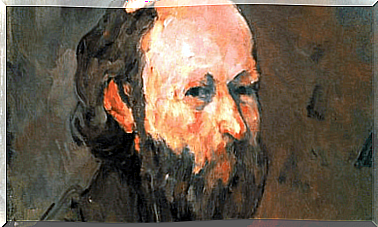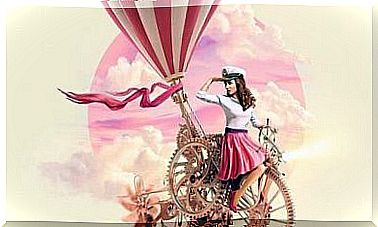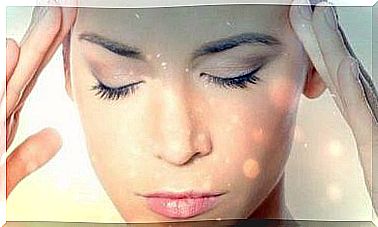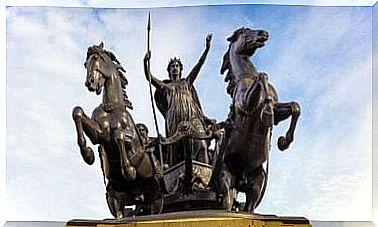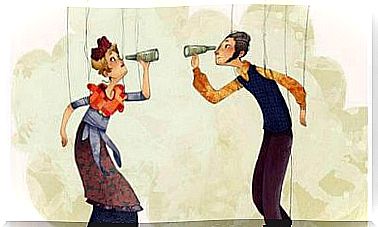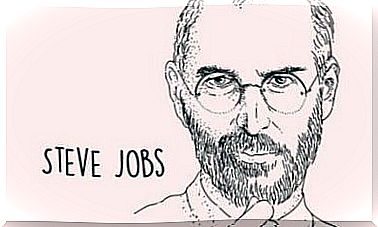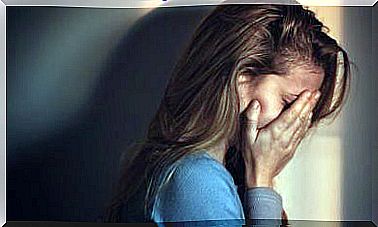The Effect Of The Mind On Physical Health
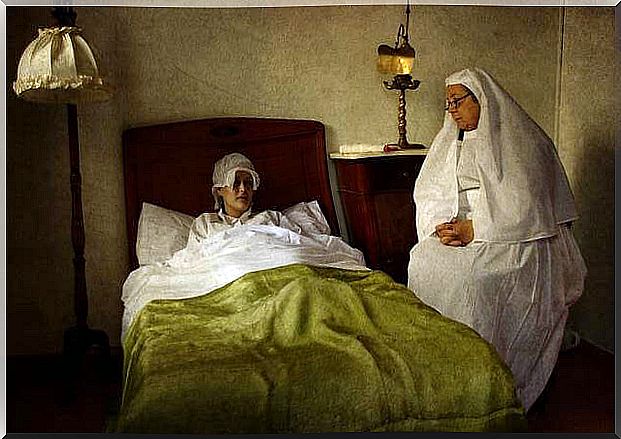
For Hippocrates of Cos, the father of medicine, the body had the intrinsic capacity to heal itself and it was the physician’s duty to guide and facilitate this natural process. Illness was the result of an imbalance, in which mind and character played an important role.
With the advent of modernity and the positivist scientific model, a new way of seeing and understanding the human body was opened. Descartes imposed his metaphysical view, in which the body and mind are separate and sometimes even opposite realities. Conventional medicine, as we know it today, was built on that foundation. With the development of the human sciences, the mind returned to medical offices, but always as a marginal factor, with an incidence not very relevant to health.
Freud, an Austrian neurologist and psychiatrist, faced these contradictions between mind and body during his training work. Patients who captivated his interest suffered from paralysis, blindness, and other symptoms for which medicine could find no explanation. An intense research discipline and his iron experimental spirit led him to the discovery of the unconscious, that reality that, finally, would allow him to understand and cure those strange evils.
the body, a speech
With the appearance of psychoanalysis, the body is no longer an organism that works well, or badly, for strictly physical reasons. The new discoveries allowed us to reach the conclusion that the body is also a space in which the unconscious expresses itself. Many of the diseases that had no place or cure within conventional medicine were studied with this new concept.
With Jacques Lacan these ideas went even further and the body was defined as a book in which the mind writes its meanings.
These contributions did not influence daily medical practice. In fact, the unconscious and its influences are still seen with a certain distrustful smile.
The mind is still seen as a minor factor, and is rarely taken into account. Doctors look for tranquility and a good rest for patients, as this of course helps in their recovery. But, in general, they remain more faithful to the laboratory result than to the patient’s report. If you become depressed or very anxious during treatment, they will give you medicine. There is no time to resolve it any other way.
new paradigms
While medicine and pharmaceuticals are advancing in history , other approaches are also, in parallel, gaining confidence and defending new perspectives. This is the case of homeopathy, ethnomedicine, bioenergetics and this accumulation of alternative medicines that sometimes resist by the shadow… and are questioned by radical scientism.
There are also more psychoanalytical orientations, as occurs with biopathography, heir to the studies of Viktor Von Weizsaecker, a German physician considered the father of Anthropological Medicine. From this perspective, the disease must be understood as an imbalance directly associated with the unconscious, and cannot be cured without first making a detailed study of the history of each individual. In Argentina, there is an important medical school, founded in 1967, which already has several studies and documents, so that it is worth being taken seriously. It’s about the Chiozza Foundation.
Undoubtedly, conventional medicine has made and continues to make decisive contributions to the relief of human pain. The advances made in this field challenge the imagination and prove to be the difference between life and death. However, alternative or complementary medicines also have a lot to contribute. So why are they treated like freeloaders at the medical feast?
The body and mind are an invisible unit. Hippocrates of Cos intuited from the beginning and, after an immense historical journey, many other approaches coincide with what he proposed. Maybe it’s not a bad idea to listen to what the body tells us when it’s sick, or to notice what’s present in every malaise. Perhaps, if instead of medicines, we asked ourselves questions, we could find not the “why”, but rather the “for what” our body decided to react in this way.
Image credits: Dani Sardinian i Lizaran – Flickr
